Getting a good nights sleep isn’t as simple as lying on a bed for most of us. Here are my best tips to fall asleep, stay asleep, get quality deep sleep and avoid insomnia.
Make your Bedroom Like a Cave
The best environment to sleep in is somewhere quiet with no light. This is as light and sound can interrupt deep sleep and the smallest amount can significantly reduce the quality of your sleep. Turn off all devices that have lights, as even a small LED can be disturbing. To block out all outside light you will need both a blackout curtain and blind. This sounds excessive but is really worthwhile.
Avoid Screens for One Hour Before Bed
The blue light given off by screens is very disruptive. It affects the brain and the amount of the hormone melatonin produced. This hormone is important for inducing sleep and stopping insomnia.
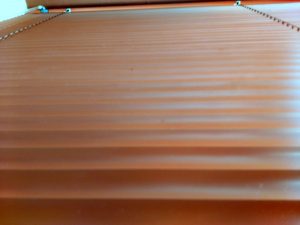
Keep to a Regular Sleep Pattern
It’s a myth that you can catch up on sleep. The body has a natural clock that doesn’t like to be upset. If you have to wake early weekdays try to keep to the same pattern on the weekends, this sounds annoying but it’s very beneficial to avoid insomnia. Go to bed at the same time each night and wake up at the same time. Don’t be tempted to have a lie in as often you won’t feel better for it.
Stop Drinking Any Fluids One Hour Before Bed
This should reduce the likelihood of needing to go to the bathroom in the middle of the night. If this does happen to you even after following this sleep tip you should speak to a doctor as there maybe an underlying condition.
Don’t Eat High GI Carbohydrates Two Hours Before Bed
Eating high GI meals will increase serotonin production for a short term fix and spike blood sugar levels. Once blood sugar levels reduce the body may feel hungry and you might struggle to fall or stay asleep (insomnia). Therefore avoid anything high GI such as white rice, pasta or bread two hours before bed. Instead have low GI foods that are also high in essential that will keep the blood sugar level constant and not cause hunger cravings.
Minimise Stress and Anxiety
Easier said than done, but try to find a coping method to stop things playing on your mind that prevent a restful night’s sleep. Popular strategies include writing a list of every concern as they often seem more manageable when written down or spending a few minutes meditating to clear your mind. Find what works for you – even counting sheep could do the trick.
Use a Blue Light Filter When it’s Dark
As already said earlier this blue light affects the sleep hormone melatonin. For many devices you can download an app to block out the blue light. Also many monitors have a setting to reduce blue light – this can sometimes be called ‘reading mode’. Turn on the filters as soon as it gets dark enough to need lights indoors. You may need to adjust the filter level several times during the evening.
Don’t Watch TV or Work in Bed
Beds are for sleeping and sex. Keep your bedroom separated from any other activities like TV or work and don’t turn it into a second lounge. If you struggle to sleep without sound in the background try a wind up radio as it will turn off automatically.
Have All Your Caffeine Before Noon
This includes coffee, chocolate, cola and tea. The half life for the average body to eliminate caffeine is 4 hours and it lasts 10 hours in the system on average.

Get Sunlight During The Day
Try to get light during your day by flooding your home with natural light, spending more time outside and moving your workspace next to a window. This helps give you vitamin D and reset your body clock. In low light conditions a light box may be beneficial.
Keep Your Bedroom Cool
The optimum bedroom temperature for most people is 18° C. This keeps the body cool in an environment that encourages deep sleep. Also make sure the room is well ventilated.
Don’t Turn on the Lights in the Middle of the Night
If you need to get up in the middle of the night do not turn on the main lights. Instead have dim lights or even better go without turning on any lights. Exposure to bright lights will wake you up and make it more difficult to get back to sleep and can cause insomnia.
Use a Natural Duvet and Duvet Cover
Sleeping in natural fibres such as cotton duvet covers and wool duvets helps to regulate the body’s temperature . This means you are less likely to toss and turn in the middle of the night due to being too hot or too cold. They wick away moisture to keep you comfortable. A good quality set of bedding is a very worthwhile investment.
Get Vigorous Exercise
Do a form of exercise that you enjoy and increases your heart rate at least several times a week. This can help relax, induce longer deeper sleep and keep insomnia at bay. Even light exercise has benefits but the more intensive the exercise the more beneficial.
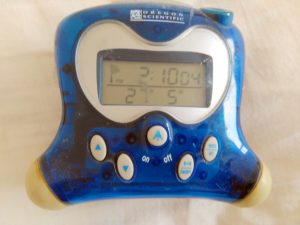
Live without an Alarm Clock and Never Snooze
Sleep is in cycles and being woken in the middle of these cycles can make you restless for the rest of the day. Try to train yourself to wake up at a certain time by visualising when you need to wake in your head. Or use an alarm clock that tries to wake you between a sleep cycle. Never ever use the snooze function. This compounds a bad night’s sleep as 10 minutes sleep followed by another interruption repeated several times does not refresh anyone.

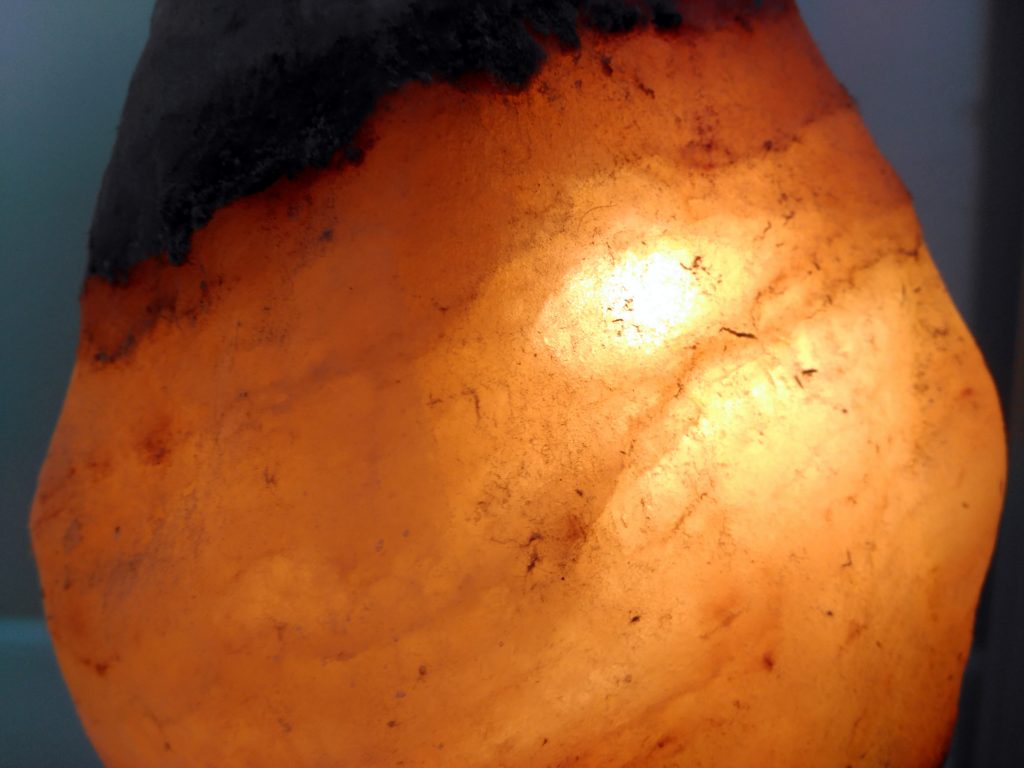
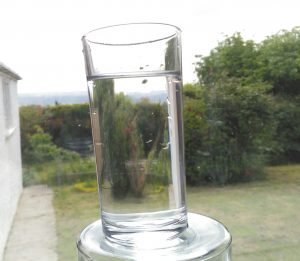
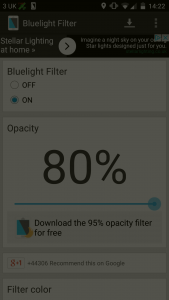
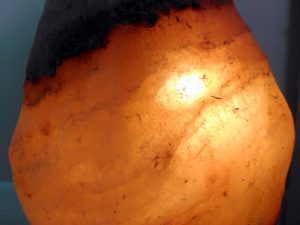
nice tips.thanks.